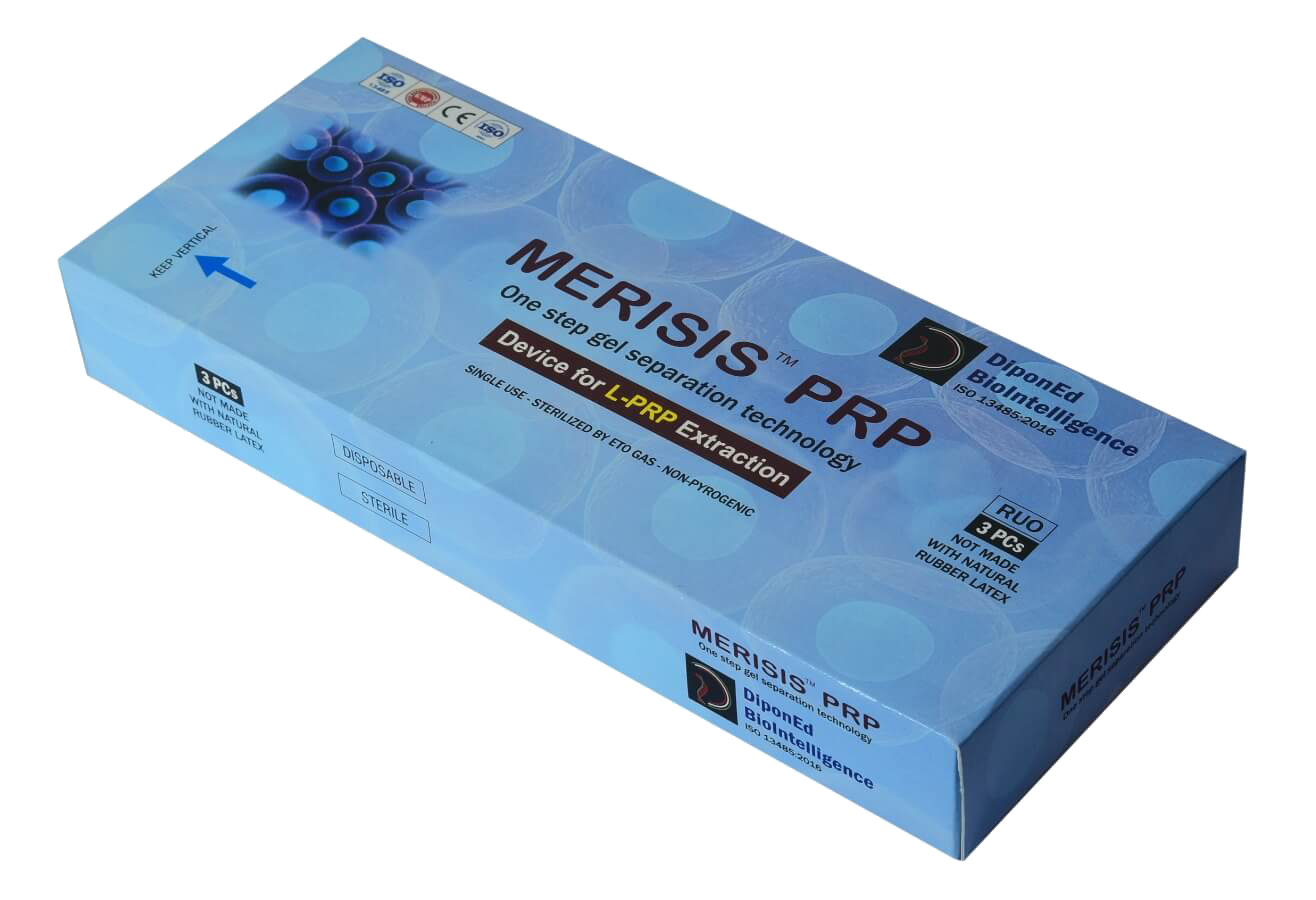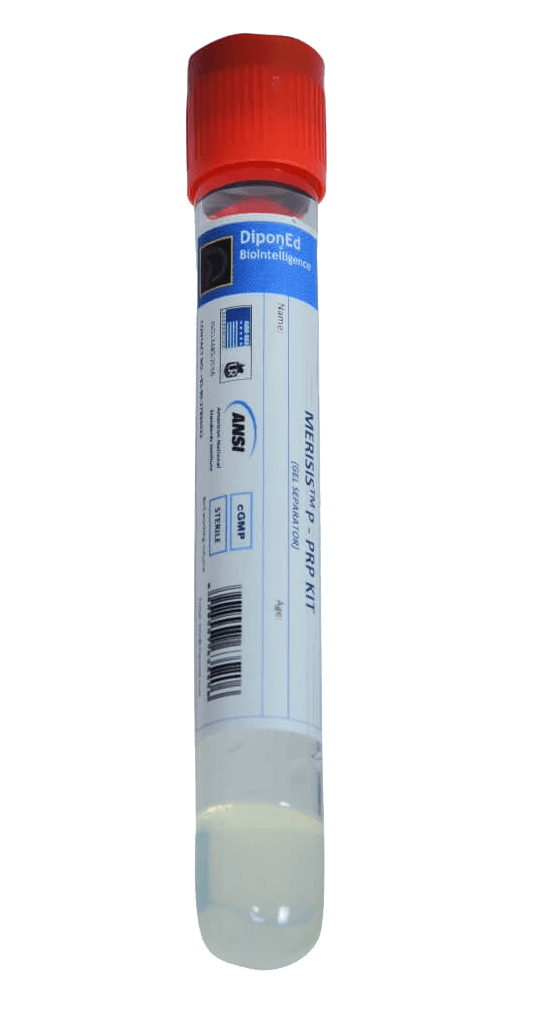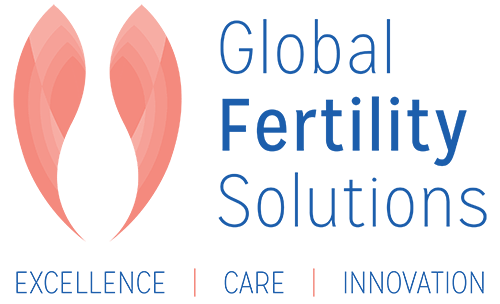Global Fertility Solutions leads as the premier supplier and distributor of cutting-edge equipment essential for PRP procedures in IVF. Our top-quality offering ensures optimal support for regenerative therapies, contributing to enhanced outcomes in reproductive healthcare.
Platelet-Rich Plasma (PRP) is a regenerative therapy that involves using the patient’s own blood to obtain a concentrated solution rich in platelets, growth factors, and other bioactive substances. Moreover, PRP is prepared by drawing a small amount of blood from the patient, which is then processed to separate the platelet-rich portion from the other components of the blood.
Talking about platelets can be defined as blood cells that play a vital role in the body’s healing and regenerative processes. Moreover, they contain granules that release growth factors, cytokines, and other bioactive molecules upon activation. These substances have the potential to stimulate tissue repair, angiogenesis (formation of new blood vessels), and cell growth.
 In the context of IVF, PRP has emerged as a potential adjunct therapy to enhance the success rates of the procedure. Moreover, IVF involves fertilizing eggs with sperm in a laboratory setting, followed by the transfer of resulting embryos into the woman’s uterus. However, the success of IVF can be affected by factors such as poor egg quality, embryo implantation difficulties, and endometrial receptivity. This is where PRP aims to address some of these challenges by improving the overall reproductive environment.
In the context of IVF, PRP has emerged as a potential adjunct therapy to enhance the success rates of the procedure. Moreover, IVF involves fertilizing eggs with sperm in a laboratory setting, followed by the transfer of resulting embryos into the woman’s uterus. However, the success of IVF can be affected by factors such as poor egg quality, embryo implantation difficulties, and endometrial receptivity. This is where PRP aims to address some of these challenges by improving the overall reproductive environment.
Improving Ovarian Function and Egg Quality
PRP has been investigated as a means to improve ovarian function and enhance egg quality. In some cases, women may have diminished ovarian reserve, characterized by a reduced quantity or quality of eggs. Additionally, PRP therapy involves injecting platelet-rich plasma into the ovaries, which is believed to stimulate the growth and development of ovarian follicles, potentially leading to the production of healthier eggs. By improving ovarian function, PRP may increase the chances of obtaining a higher number of high-quality eggs during IVF cycles.
Enhancing Endometrial Receptivity
Successful embryo implantation depends on the receptive state of the uterine lining, known as the endometrium. PRP has been explored as a means to improve endometrial receptivity, potentially increasing the chances of successful embryo implantation. The growth factors and bioactive molecules present in PRP are thought to promote angiogenesis, increase blood flow to the endometrium, and enhance its thickness and receptivity. As PRP creates a more feasible environment for embryo development, it can help big time in ensuring a better IVF success rate.
 Mitigating Embryo Implantation Failures
Mitigating Embryo Implantation Failures
Recurring embryo implantation failures come as a big challenge for all the IVF experts.
Talking about the main causes, we can list down factors like endometrial inflammation or immune dysfunction. That said, PRP therapy can come of some big help in this context by minimizing the inflammation in the uterine cavity. Besides, it can further modulate the immune response within the same environment. This is due to the fact that the growth elements in PRP come along with certain anti-inflammatory properties and may further prove helpful in the healing of the body tissues, that gradually make embryo implantation favorable.
Key points to consider while using PRP for IVF
When considering the use of Platelet-Rich Plasma (PRP) in the context of In Vitro Fertilization (IVF), there are several important points to consider. These include:
Consultation with a Reproductive Specialist: Before considering PRP as part of an IVF treatment plan, it is crucial to consult with a reproductive specialist or fertility expert. They can assess your specific situation, evaluate the potential benefits and risks of PRP, and determine if it is a suitable option for you.
Research and Evidence: It is essential to base medical decisions on scientific evidence. While PRP shows promise in enhancing IVF outcomes, the current evidence is still limited. This is where you must look for studies and research articles that investigate the use of PRP in IVF and discuss the findings with your healthcare provider.
Individualized Treatment Plan: Each patient’s fertility journey is unique, and the application of PRP should be personalized based on individual needs and circumstances. Moreover, a fertility specialist will consider factors such as age, ovarian reserve, previous IVF outcomes, and specific challenges to determine if PRP may be beneficial for you.

Timing of PRP Administration: You must also know that timing holds crucial for the success of PRP therapy in IVF. Moreover, according to the experts, PRP is recommended either during the IVF cycle, during ovarian stimulation, or at certain phases of the IVF treatment. On the other hand, you must consult with your medical expert regarding how and where PRP will come suitable for your respective case.
Risks and Safety: As you plan to work towards PRP in IVF with your IVF expert, you must further get familiar with the side effects and issues that come along. Hence, you must discuss any potential risks or complications associated with PRP therapy with your healthcare provider, including the risk of infection, bleeding, or allergic reactions.
Cost and Insurance Coverage: Consider the financial aspects of PRP therapy as it may involve additional costs beyond standard IVF procedures. Besides, check with your insurance provider to determine if PRP is covered under your plan or if it will be an out-of-pocket expense.
Fertility Clinic Expertise: Ensure that the fertility clinic or reproductive center you choose has experience and expertise in incorporating PRP into IVF treatment. Additionally, healthcare professionals should have knowledge of the latest research, appropriate protocols, and the necessary equipment to perform PRP therapy effectively.
Long-term Follow-up: It is further important to discuss long-term follow-up plans with your fertility specialist. That said, monitoring the outcomes of PRP therapy in conjunction with IVF and assessing its impact on the success of the treatment cycle is crucial for further refinement and optimization.




